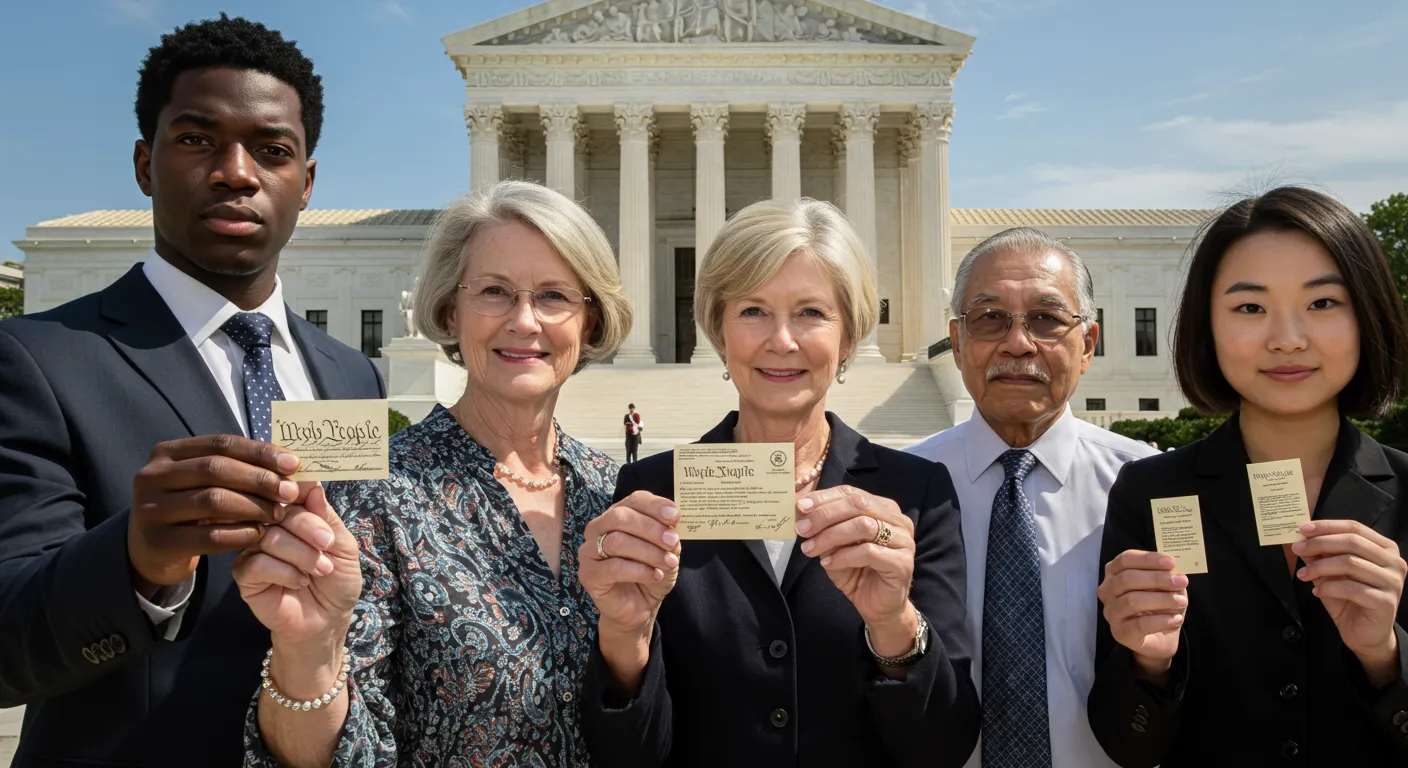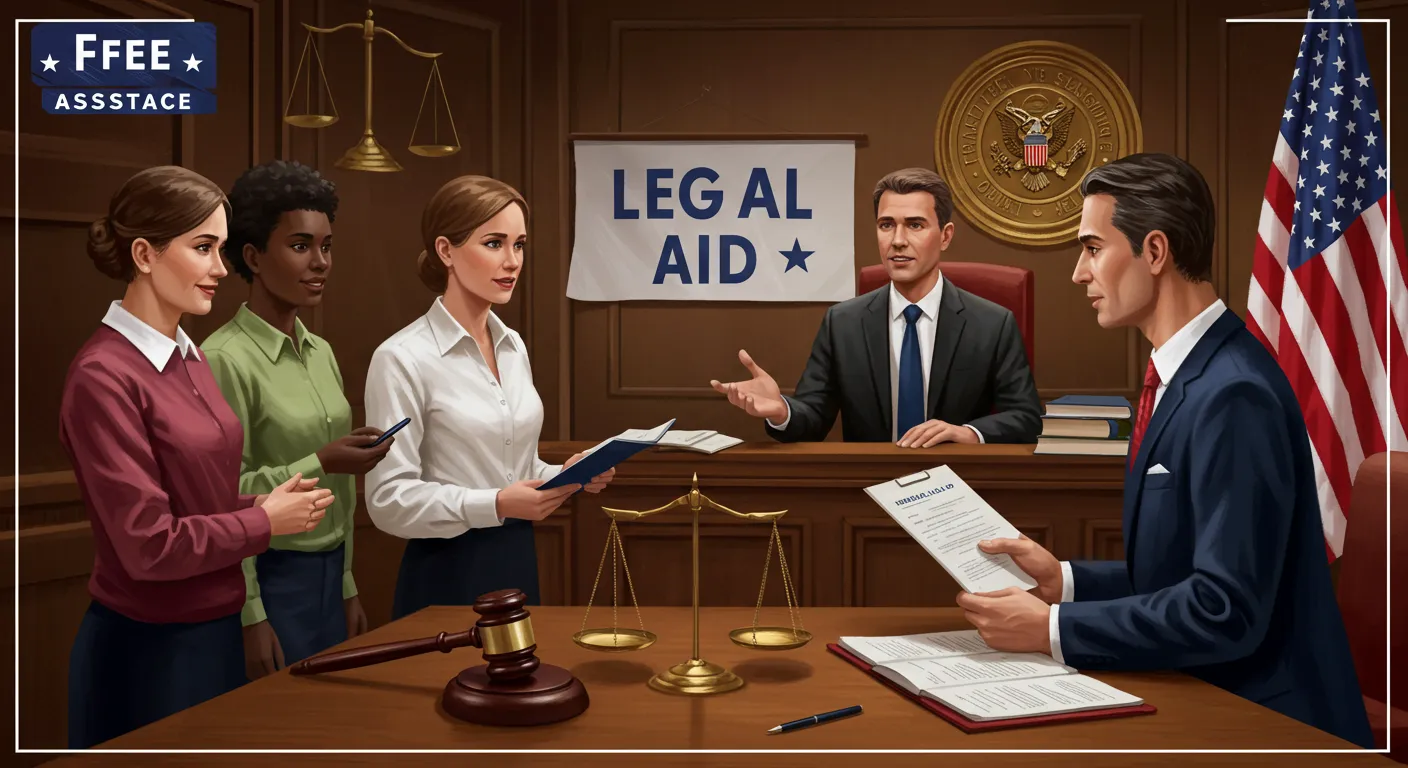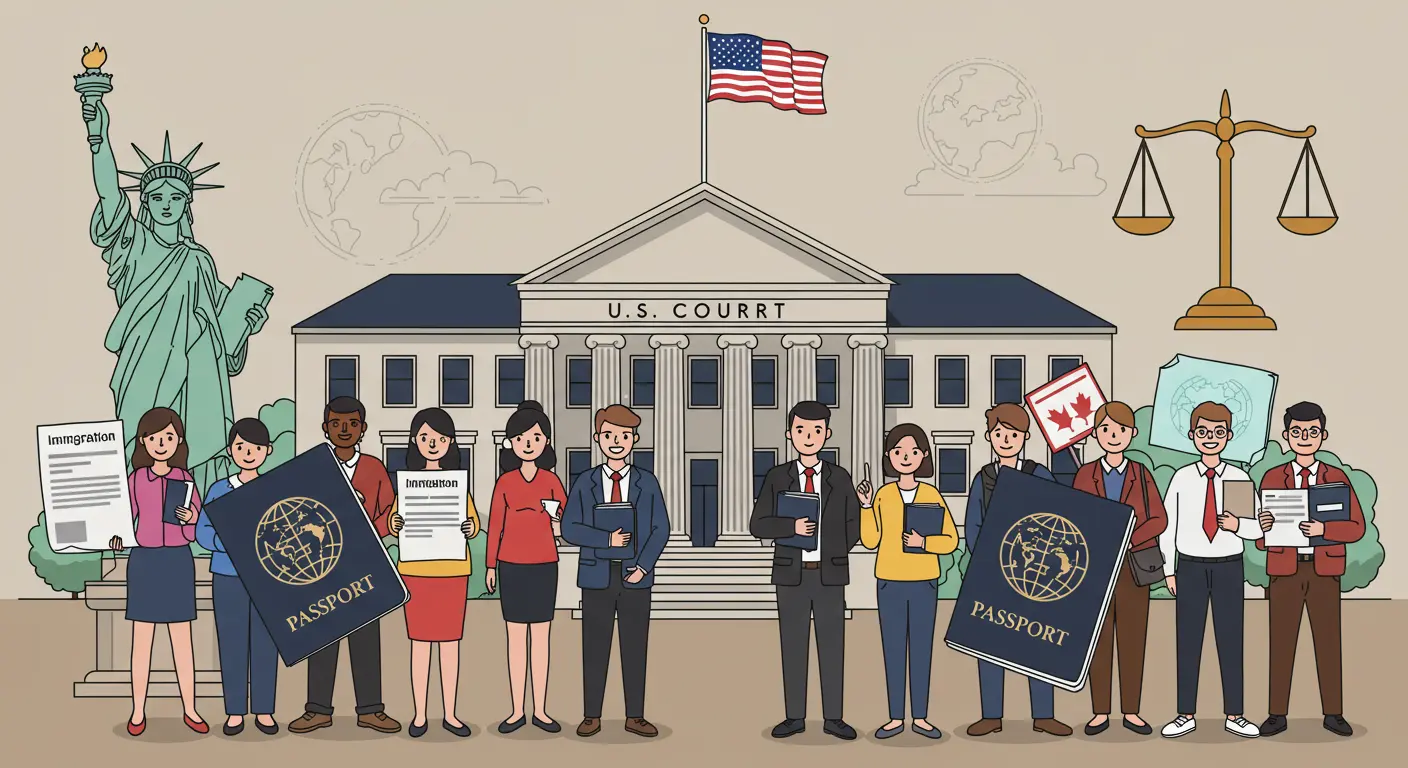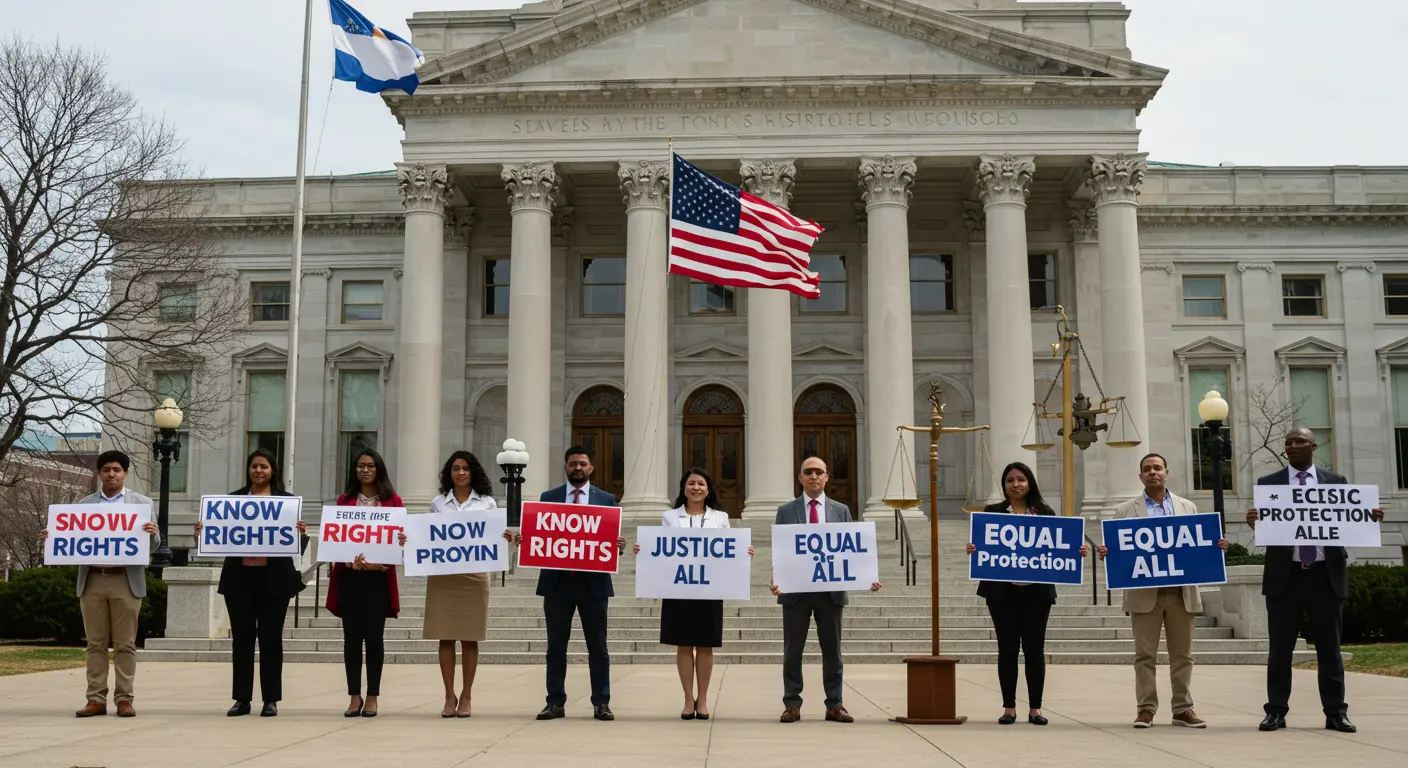Understanding your legal rights in the United States is essential whether you’re a citizen, permanent resident, or even a visitor. The U.S. Constitution, particularly the Bill of Rights, serves as the foundation for the liberties and protections guaranteed to individuals. These rights safeguard your freedom, protect you from abuse of power, and ensure justice.
In this article, we will explore the core legal rights in the United States, how they apply, and what to do if your rights are violated.

🔹 What Are Legal Rights in the United States?
Legal rights are protections granted by laws, particularly the U.S. Constitution and federal and state statutes. These rights apply in various areas such as criminal justice, employment, privacy, speech, religion, and equality.
Here are 10 core legal rights in the U.S.:
| Right | Description |
|---|---|
| Freedom of Speech | The right to express opinions without government censorship. |
| Right to Privacy | Protection from unwarranted government intrusion into personal life. |
| Right to Due Process | Guarantees fair procedures in legal matters. |
| Right to a Fair Trial | Ensures criminal defendants receive an impartial and public trial. |
| Right to Vote | Every citizen over 18 has the right to vote in public elections. |
| Right to Equal Protection | Prohibits discrimination under the law. |
| Freedom of Religion | You can practice any religion or none at all. |
| Right to Bear Arms | Citizens may possess firearms under regulated conditions. |
| Protection from Unreasonable Searches | Requires warrants and probable cause for search and seizure. |
| Right Against Self-Incrimination | You cannot be forced to testify against yourself in a criminal case. |
🔹 Constitutional Basis of Legal Rights
The U.S. Constitution, particularly the first 10 amendments (known as the Bill of Rights), defines many individual freedoms. Over time, courts have interpreted these rights in different ways, extending protections through Supreme Court rulings.
The 14th Amendment, for instance, has played a crucial role in applying many federal rights at the state level, especially through the Equal Protection Clause and Due Process Clause.
🔹 Legal Rights in Criminal Cases
If you are accused of a crime, you are entitled to several rights under the U.S. justice system:
-
Right to remain silent (Miranda Rights)
-
Right to legal counsel
-
Right to be informed of charges
-
Right to confront witnesses
-
Right to a speedy and public trial
These rights ensure that the government cannot prosecute someone unfairly or arbitrarily.
🔹 Civil Rights and Protections
Civil rights protect individuals from discrimination based on race, gender, religion, disability, and more. Key laws include:
-
Civil Rights Act of 1964
-
Americans with Disabilities Act (ADA)
-
Fair Housing Act
-
Equal Pay Act
These legal protections promote equality in education, employment, housing, and public accommodations.
🔹 Employment Legal Rights
Workers in the U.S. are protected by numerous federal and state laws. You have the right to:
-
A safe workplace (OSHA regulations)
-
Fair pay (Minimum Wage Law)
-
Freedom from workplace discrimination (EEOC protections)
-
Family and medical leave (FMLA)
-
Protection from wrongful termination
If these rights are violated, employees can file complaints with agencies like the Equal Employment Opportunity Commission (EEOC) or pursue legal action.
🔹 Immigrants and Legal Rights
Many people mistakenly believe that non-citizens do not have rights in the United States. In reality, legal rights in the United States extend to non-citizens, including undocumented immigrants.
For example:
-
Everyone in the U.S. has the right to remain silent.
-
Everyone has the right to an attorney in criminal court.
-
Non-citizens have the right to due process before being deported.
However, there are limitations—for instance, only U.S. citizens can vote in federal elections.
🔹 What to Do If Your Rights Are Violated
If you believe your rights have been violated, you can:
-
Document the incident (photos, names, witnesses)
-
File a complaint with the appropriate agency (e.g., EEOC, ACLU, DOJ)
-
Contact a civil rights attorney
-
File a lawsuit in court
Organizations like the American Civil Liberties Union (ACLU) can help protect and defend civil liberties across the nation.
🔹 Frequently Asked Questions (FAQs)
Q1: Do legal rights in the U.S. apply to non-citizens?
A: Yes. Many constitutional protections apply to everyone on U.S. soil, including undocumented immigrants.
Q2: What is the most important legal right in the United States?
A: The answer depends on context, but many consider freedom of speech and due process among the most essential.
Q3: Can I sue if my constitutional rights are violated?
A: Yes. You may file a civil lawsuit, especially under laws like Section 1983, which allows legal action against government officials.
Q4: Are all rights in the U.S. guaranteed in every state?
A: Most federal rights apply in every state, but states may grant additional rights beyond what the U.S. Constitution requires.
Q5: How are legal rights enforced?
A: Through courts, lawsuits, and federal or state agencies (e.g., DOJ, EEOC, OSHA).
🔹 Final Thoughts
Understanding legal rights in the United States is not just for lawyers or activists — it’s something every person should be aware of. Whether you’re navigating a workplace issue, dealing with law enforcement, or simply exercising your freedom of speech, knowing your rights can make all the difference.



